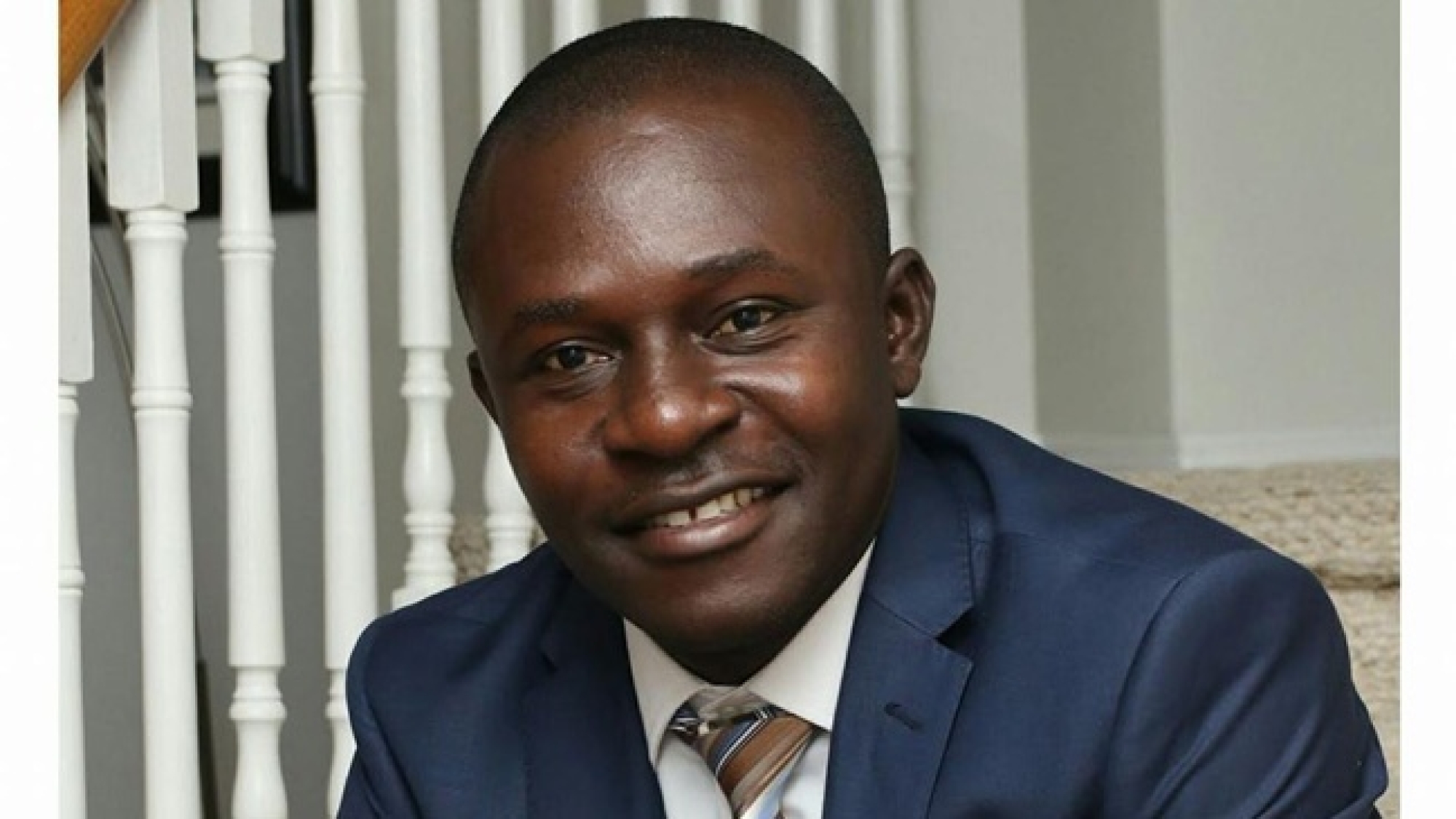If we are being honest, one of the biggest struggles many believers face is overthinking. We can pray about something for weeks, do endless research, and ask everyone for advice, yet still never take a single step. We delay decisions while hoping for “more clarity,” feel anxious even about the smallest choices, and often procrastinate under the noble excuse of “preparation.” That is the sign and reality of analysis paralysis.
Psychologists define analysis paralysis as a state of overthinking decisions to the point where action is never taken. In simple terms, the more you think, the less you do. According to research published in the Harvard Business Review, when people face too many choices or too much information, the brain’s prefrontal cortex (the decision-making center) becomes overwhelmed. Instead of helping us decide better, it triggers decision fatigue — a mental exhaustion that leads to procrastination and inaction.
A 2018 study by psychologists at Cornell University also found that the average person makes over 35,000 decisions per day, and when too many of those decisions are weighed too heavily, it increases stress, anxiety, and the tendency to avoid action altogether.
Now, while this is a well-documented psychological issue, for the believer, analysis paralysis goes beyond the mental level. It becomes a spiritual hindrance — a subtle way the enemy keeps us from walking in our divine calling.
CAUSES OF ANALYSIS PARALYSIS TO THE BELIEVER
FEAR AND THE PRESSURE OF PERFECTION
Psychologists link perfectionism to chronic procrastination and anxiety. But God never asked for perfection; He asked for obedience. As believers, we often live with the pressure of “finding God’s perfect will” for our lives. We ask questions like: What if I choose the wrong career? What if I marry the wrong person? What if I take a wrong step and disappoint God?
We tell ourselves that we are being wise by weighing every option carefully, but deep down, we know that sometimes our “wisdom” is just fear, doubt, and lack of faith. Fear paralyzes us, making us believe that doing nothing is safer than making a mistake. But in reality, indecision itself is a decision — and usually, it is the wrong one. Ecclesiastes 11:4 says it plainly: “If you wait for perfect conditions, you will never get anything done.” And yet, waiting for perfect conditions is exactly what we do.
INFORMATION OVERLOAD
We live in the digital age. Sermons, podcasts, YouTube videos, TikTok clips, and endless books flood our minds. Ironically, instead of helping us, the overload of voices leaves us more confused. Cognitive scientists call this the “paradox of choice” — when too many options cause paralysis instead of clarity. We chase confirmation after confirmation, longing for absolute certainty, but the more input we get, the more tangled our minds become.
PEER COMPARISON
Social media makes it seem like everyone else has their life figured out. One friend has already started a business, another is engaged, and someone else is studying abroad. Suddenly, you feel behind, and the weight of comparison freezes you. Comparison kills confidence, and hesitation becomes our comfort zone. It shifts our focus from God’s unique process for us to other people’s progress. We start thinking: If I can’t do it perfectly like them, maybe I shouldn’t start at all.
MISUNDERSTOOD SPIRITUALITY
Many young believers mistake faith for inactivity. We believe that “waiting on God” means sitting down until He reveals every single detail of the future. But throughout Scripture, God rarely gave full instructions. Abraham was told to leave his country without even knowing the destination (Hebrews 11:8). True faith is not waiting until everything is clear. It is moving when God says “go,” even if you do not see the whole path.
BIBLICAL EXAMPLES OF OVERTHINKING
The Bible does not use the term “analysis paralysis,” but it gives vivid examples of people stuck between thought and action.
The Israelites at the Red Sea illustrate this perfectly. With the Egyptians chasing them from behind and the sea in front, they panicked, complained, and froze. But God told Moses, “Tell the people to move forward” (Exodus 14:15). Sometimes God’s answer to overthinking is simply move!
Gideon struggled with this too. God called him a mighty warrior, yet he doubted so much that he asked God for repeated signs. While God was patient and graciously confirmed his call, eventually Gideon had to obey in faith, not in certainty (Judges 6).
Jesus’ parable of the talents also warns us about the danger of fear-driven inaction. The servant who buried his talent thought he was being safe, but in God’s eyes, he was wasteful. His inaction cost him dearly (Matthew 25:14–30).
EFFECTS OF ANALYSIS PARALYSIS ON THE BELIEVER
Analysis paralysis feels harmless, but it is spiritually dangerous.
KEEPS US STAGNANT
Faith is like a muscle — it only grows when exercised. If all we ever do is think, pray, and plan without acting, our faith remains weak. James was right when he said in James 2:17, “Faith without works is dead.”
INCREASES OUR ANXIETY AND SELF-DOUBT
Psychologists note that hesitation magnifies fear. The longer we delay, the scarier a decision feels. Simple choices begin to look impossible. We lose peace because we have replaced trust in God with trust in our own reasoning.
WASTES TIME AND OPPORTUNITY
Perhaps the greatest danger is that overthinking robs us of our prime years — the years when we have energy, creativity, and strength to serve God wholeheartedly. We spend them hesitating instead of obeying. Some doors only stay open for a season (kairos), and when we delay too long, we miss them. Obedience delayed today often becomes regret tomorrow.
HOW DO WE BREAK FREE FROM ANALYSIS PARALYSIS?
Breaking free from analysis paralysis is not about rushing decisions carelessly; it is about learning to trust God enough to move.
PRAY, THEN ACT
Pray and seek God early. Prayer is essential, but prayer should lead us toward action, not keep us stuck in hesitation. When Nehemiah prayed about rebuilding Jerusalem’s walls, his prayer pushed him to approach the king with boldness. Prayer and action must go hand in hand.
DECIDE WITH THE LIGHT YOU HAVE
God does not always show the full picture. Abraham did not know his destination, yet he obeyed. Start with what you know and trust God with what you do not. Faith is confidence in what we hope for and assurance about what we do not see (Hebrews 11:1).
EMBRACE MISTAKES AS GROWTH
We must accept mistakes as part of growth. Many of us fear failure so much that we never try. But God is more interested in our faith than our perfection. Peter stepped out of the boat and sank, but at least he walked on water. The others stayed safe and experienced nothing. Mistakes are not final with God; He can redirect and restore.
LET SCRIPTURE GUIDE YOUR CHOICES
God’s Word gives us principles for decision-making. If a decision aligns with biblical truth, it is safe to step out in faith. The Holy Spirit guides us primarily through Scripture, not endless external confirmations.
CONCLUSION
Analysis is wise. Discernment is necessary. But if overthinking keeps us from obeying God, then we are not just being cautious — we are being disobedient. Analysis paralysis feels safe, but it is really a slow suffocation of purpose. As believers, we do not have forever to sit and think; our time and energy are meant to be utilized wisely. So let us be prayerful, but let us also be bold enough to move when God says, “Go.” Because in His Kingdom, delayed obedience is still disobedience.
Written by Deaconess Felicity Asamoah (Abuakwa Area, Asenemaso District, English Assembly)














